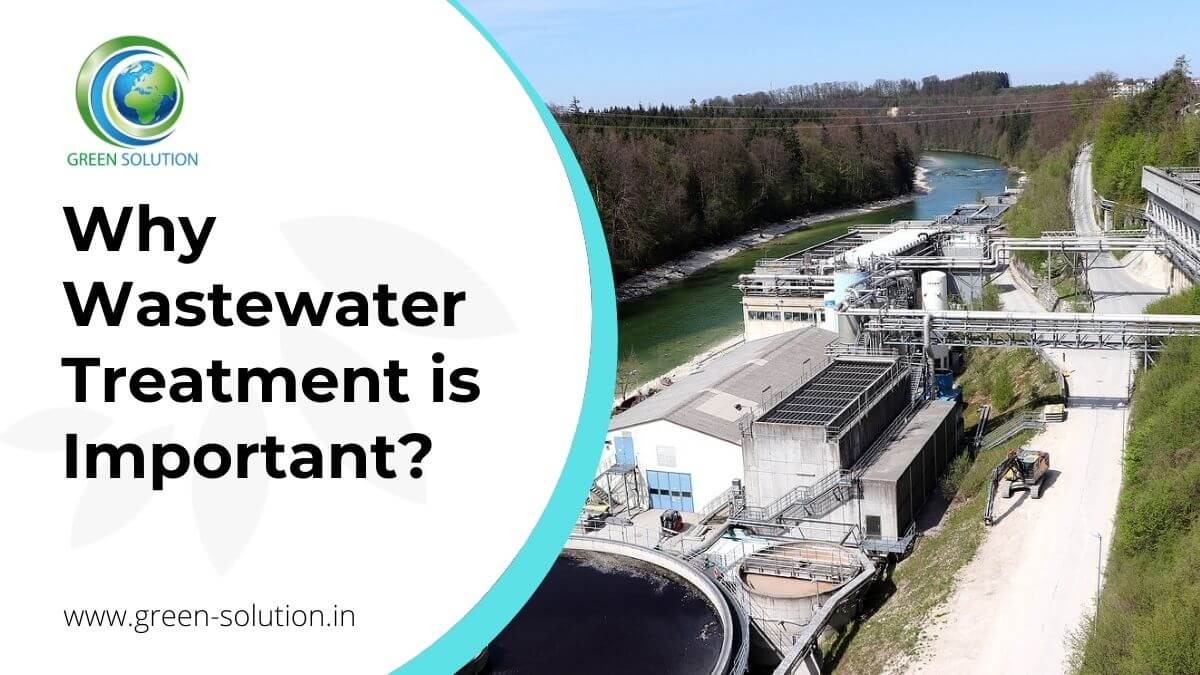Some Known Questions About Reclaim Waste.
Some Known Questions About Reclaim Waste.
Blog Article
3 Easy Facts About Reclaim Waste Explained
Table of ContentsTop Guidelines Of Reclaim WasteReclaim Waste Fundamentals ExplainedSee This Report about Reclaim WasteA Biased View of Reclaim WasteReclaim Waste Fundamentals Explained
Explore the kinds, incidents, and kinds of liquid waste. Domestic sewer waste refers to the waste and items from a residential septic container. This sort of waste is produced by humans in residences, colleges, and various other buildings. This only consists of septic systems that have a drainpipe area. The proper management and disposal of domestic sewage waste require fluid waste to be transferred to a sewage therapy plant where the proper approaches and devices are used to purify and take care of waste.
Business waste usually includes potential hazards, such as flammable materials or a combination of liquid and solid waste products, and requires a much more advanced and comprehensive disposal process. The disposal of business waste usually entails the filtration of waste before transport to ensure secure and proper disposal. Industrial waste is produced from by-products and overflow of commercial procedures and production.
This sort of waste can not make use of the exact same sewage administration transport or procedures as septic or industrial liquids. The industrial waste management procedure needs the evaluation and screening of fluid waste before it undertakes the disposal process (liquid waste disposal). Overflow waste is the fluid waste that originates from runoff and excess stormwater in highly populated locations or cities
Drainage waste can create contamination and flooding if not handled correctly. Ensuring appropriate waste monitoring can prevent calamities and reduce ecological injury.
An Unbiased View of Reclaim Waste
Contact PROS Providers today to learn more about our waste management and disposal services and the appropriate methods to look after the liquid waste you generate.
(https://reclaim-waste.jimdosite.com/)Do you understand what takes place to your water when you draw the plug, flush the toilet or drain the washing device? No? Well, it deserves recognizing. This so-called 'wastewater' is not only a crucial source however, after treatment, will be released to our land, waterways or the sea. Utilized water from bathrooms, showers, bathrooms, kitchen sinks, washings and commercial procedures is recognized as wastewater.

water used to cool machinery or clean plant and devices). Stormwater, a kind of wastewater, is drainage that flows from agricultural and metropolitan locations such as roofing systems, parks, gardens, roads, courses and gutters into stormwater drains, after rainfall. Stormwater streams unattended straight to local creeks or rivers, eventually getting to the ocean.
The Main Principles Of Reclaim Waste
In Queensland, the majority of wastewater is dealt with at sewage treatment plants. Wastewater is transported from residential or commercial websites through a system of drains and pump stations, understood as sewage reticulation, to a sewer treatment plant.
The Department of Natural Resources encourages local governments about handling, operating and maintaining sewerage systems and treatment plants. In unsewered locations, local federal governments might call for owners to mount specific or household sewage therapy systems to deal with residential wastewater from commodes, cooking areas, bathrooms and washings. The Department of Natural Resources authorizes the usage of household systems when they are proven to be reliable.
Many stormwater receives no therapy. In some brand-new subdivisions, therapy of some stormwater to eliminate trash, sand and crushed rock has actually started making use of gross contaminant catches. Wastewater treatment happens in 4 stages: Eliminates strong matter. Bigger solids, such as plastics and various other items wrongly discharged to sewers, are removed when wastewater is passed via screens.
Wastewater after that moves right into big containers where solids settle and are removed as sludge. Oil and residue are skimmed from the surface. Uses little living microorganisms referred to as micro-organisms to break down and remove staying dissolved wastes and great particles. Micro-organisms and wastes are integrated in the sludge. Eliminates nitrogen and phosphorus nutrients that could cause algal flowers in click reference our waterways and intimidate aquatic life.
Reclaim Waste - Questions
Nutrient removal is not readily available in any way sewer treatment plants since it calls for pricey specialized devices. It is coming to be a lot more common in Queensland. Clear fluid effluent produced after therapy might still include disease-causing micro-organisms. If this effluent is launched into rivers such as rivers or the sea, the micro-organisms will at some point die out.

A lot of wastewater streams into the sewage system. Under the Act, local governments provide authorizations and permits for ecologically appropriate activities (Periods) involving wastewater launches that may have a local effect.
The Single Strategy To Use For Reclaim Waste
Otherwise, examples are considered laboratory analysis. Frequently several examinations are required to establish the degrees of each of the various pollutants such as oils, hefty steels and chemicals in water. Monitoring offers accurate info regarding water top quality and can validate that licence conditions are being fulfilled. The information gotten via tracking supplies the basis for making water high quality decisions.
Report this page